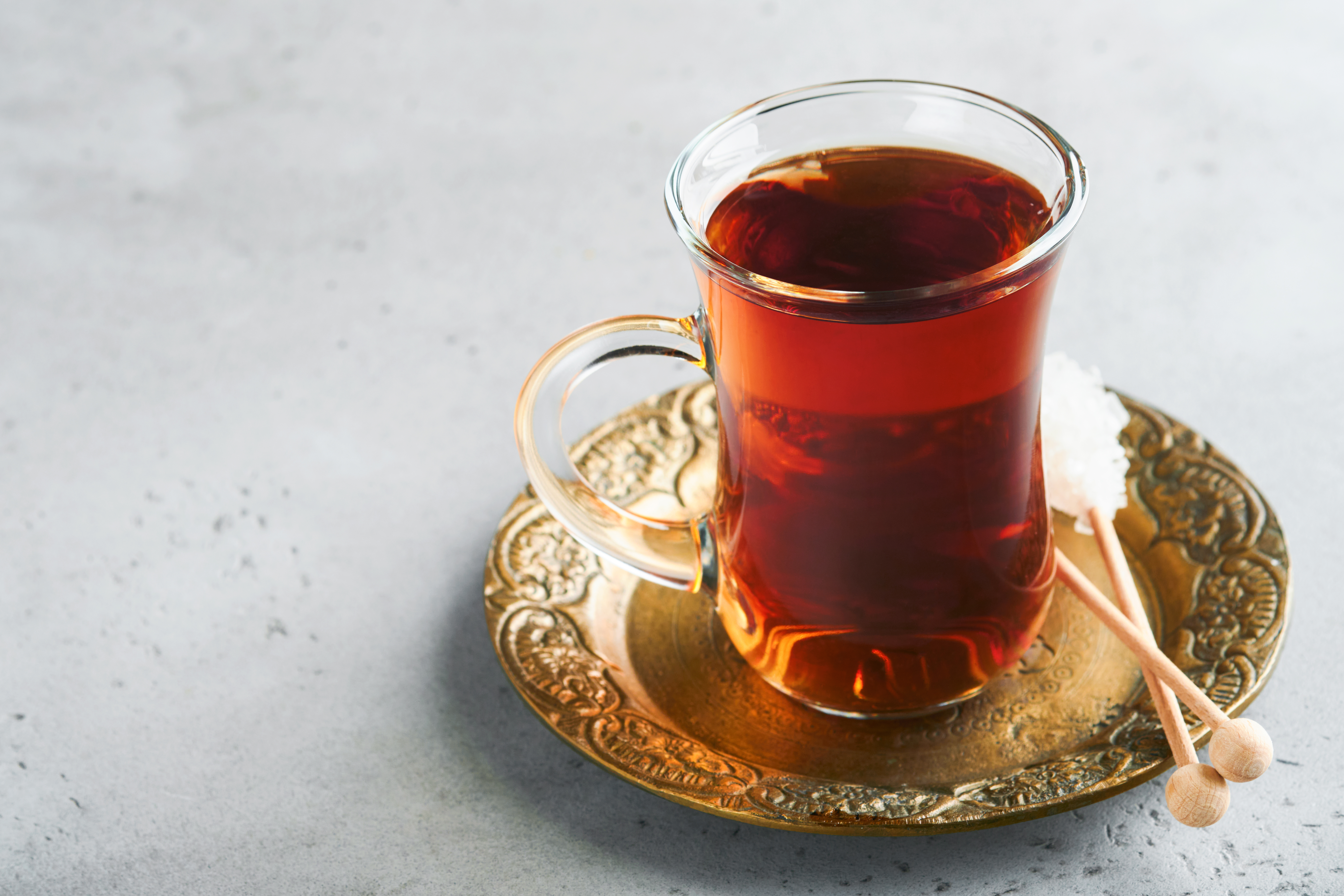22 Surprising Drinks That Can Naturally Lower Bad Cholesterol
Battling high cholesterol often brings strict diets and maybe medication to mind, but what if a powerful ally was already hiding in your favorite mug or glass? While essential for life, that sticky LDL or "bad" cholesterol can silently build up, clogging arteries and paving the way for serious heart risks. But managing it isn't just about what's on your plate – your daily sips hold incredible, often overlooked potential! We're not talking about complex potions, but rather an arsenal of delicious, everyday drinks packed with natural compounds like soluble fiber, plant sterols, and potent antioxidants that actively help lower those harmful LDL levels. We've significantly expanded our research beyond the usual suspects, uncovering 22 surprising and effective beverages – from satisfying morning routines to refreshing afternoon choices – proven to support healthier cholesterol numbers. Ready to discover simple, enjoyable ways to drink to your heart's health? Let's pour through the possibilities.
1. Green Tea: The Antioxidant Powerhouse

Green tea, a staple in many cultures for centuries, is renowned for its myriad health benefits. Rich in antioxidants, particularly catechins, green tea has been shown to lower LDL cholesterol levels. The catechins help prevent the oxidation of LDL particles, a process that contributes to the development of atherosclerosis. Studies suggest that drinking two to three cups of green tea daily can significantly reduce bad cholesterol and improve overall heart health. Additionally, green tea's ability to increase metabolism and promote fat loss further supports cardiovascular health. Its subtle flavor and versatility make it an easy addition to any diet, whether consumed hot or iced. Beyond its cholesterol-lowering properties, green tea also offers benefits such as improved brain function and a reduced risk of certain cancers, making it a holistic health beverage.
2. Black Tea: More Than Just a Morning Brew

While often overshadowed by its green counterpart, black tea is equally potent in promoting heart health. Black tea contains theaflavins, a type of antioxidant formed during the fermentation process, which are effective in lowering LDL cholesterol. Regular consumption of black tea has been linked to a decrease in total cholesterol levels and improved arterial function. A study published in the Journal of Nutrition found that participants who drank black tea for three weeks experienced a significant drop in LDL cholesterol. Black tea is also rich in flavonoids, which have been shown to reduce inflammation and improve blood vessel function. Its bold flavor and energizing properties make it a popular choice for a morning or afternoon pick-me-up. Incorporating black tea into your daily routine can be a simple yet effective strategy for enhancing heart health.
